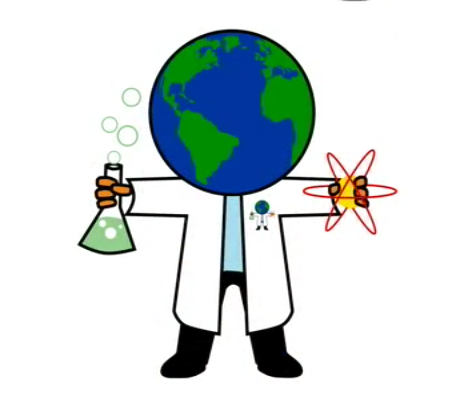- 10 Posts
- 8 Comments
I confess, I had no idea what the film was about when I saw it in the theatre, but something about it compelled me to watch it again. And my controversial take is that the film’s story is really quite clear. Even though, again, I no idea what it was about when I first saw it.
It’s about the effects of art. The stories are in no way disconnected, but all connected by a story, a work, a piece of music, etc. And each one carries forward, often in ways the author(s), inpirations, etc. had no way of understanding.
I’m a writer of very little renown, but I use the film to keep going. Because even if you’re not an artist, your life will have an effect in way you can’t know. And I love that idea.
Also, it was a crime that this film did not get any nominations for editing. It is, purely from a technical point of view, a masterclass. The beats of six separate stories cut together according to their lows and highs, and cutting away when you really want to know what’s happening. If you don’t like the film, that’s entirely reasonable. But how it was put together is something to behold.

 2·10 months ago
2·10 months agoGood tip, thanks!

 2·10 months ago
2·10 months agoThe other sources are
https://www.psychiatrictimes.com/view/star-d-dethroned
Which cites the BMJ
https://pubmed.ncbi.nlm.nih.gov/25886544/ https://pubmed.ncbi.nlm.nih.gov/37491091/
I thought this article explained the science better than the Psychiatric Times, so I used it. Lesson learned.

 6·10 months ago
6·10 months agoI agree, the source is poor. But I thought the summary was better than the one offered here:
https://www.psychiatrictimes.com/view/star-d-dethroned
Bruce E. Levine is just some guy. Not great. But the sources he cites made the case for me:
https://pubmed.ncbi.nlm.nih.gov/37491091/ https://pubmed.ncbi.nlm.nih.gov/25886544/
I myself am and have been on psychotropics for years, don’t know what I would do without them. Further, as noted, the the STAR*D approach drops from 67% to 35%, which means they do work for some. But reporting that high a rate when the numbers don’t support it is information patients need. The original study seems very problematic with patients that dropped out assigned success rates, and the lack of a control group. I think the information is relevant.

 1813·11 months ago
1813·11 months agoDear Nitwit,
A reduced faith in science might, hear me out here, ••might•• have something to do with science, ya know, killing the planet and what not. You wanna get some faith back? Maybe apply these new technologies to human happiness, or even, who knows human survival.
One more thing, nimrod. The real risk averse culture? It ain’t your unwashed “zero-sum thinking Millennials” No, it’s your hyper capitalist who’s rigged the system to the point where taking financial risk is erased by government bailouts. They’re the ones who want to eliminate risk.
And it’s that, plus their increased control of what is and is not researched in practised science that leads to our dismay. See above: “planet dying” Imagine something like pencillin, developed entirely within an academic risky environment, getting made today.
There’s risk in true critical thinking, instead of lazy “Kids Today” hand-wringing. So, in future, take a fucking risk.
Yeah, I really got to start looking at photos before I post them. The picture does make it look a bit … poop adjacent.









Also, they hit us.